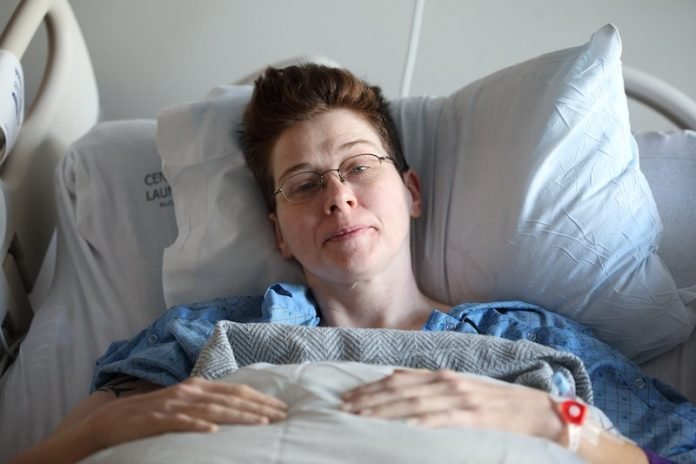
In a new study from Newcastle University and elsewhere, researchers found differences in the immune response to COVID-19 between people with no symptoms and those suffering a more serious reaction to the virus.
They found raised levels of specific immune cells in asymptomatic people. They also showed people with more serious symptoms had lost these protective cell types, but gained inflammatory cells.
These differences in the immune response could help explain serious lung inflammation and blood clotting symptoms and could be used to identify potential targets for developing therapies.
So far, the COVID-19 global pandemic has caused millions of deaths and many more infections worldwide. Symptoms vary widely in severity and can range from a mild cough to severe respiratory distress, blood clots and organ failure.
In the study, the team examined how different immune cells responded to the infection. They analyzed blood from 130 people with COVID-19.
They found differences in multiple types of immune cells that are involved in the body’s response to COVID-19.
In those with no symptoms, the team found increased levels of B cells that produce antibodies that are found in mucus passages, such as the nose. These antibodies may be one of first lines of defense in COVID-19.
However, these protective B cells were missing in people with serious symptoms, indicating the importance of an effective antibody-associated immune response at the nose and other mucus passages.
The team discovered that whereas patients with mild to moderate symptoms, had high levels of B cells and helper T-cells, which help fight infection, those with serious symptoms had lost many of these immune cells.
In contrast, people with more serious symptoms had an uncontrolled increase in monocytes and killer T-cells, high levels of which can lead to lung inflammation. Those with the severe disease also had raised levels of platelet-producing cells, which help the blood to clot.
The findings could also explain symptoms such as lung inflammation and blood clots. They also give a molecular explanation for how COVID-19 could cause an increased risk of blood clotting and inflammation in the lungs, which can lead to the patient needing a ventilator.
If you care about COVID-19, please read studies about this depression drug may protect you from severe COVID-19 and findings of people with this health condition have high risk of severe COVID-19.
For more information about COVID-19 prevention and treatment, please see recent studies about big differences between mild vs. severe COVID-19 cases and results showing that these two drugs may help you recover from severe COVID-19.
The study is published in Nature Medicine. One author of the study is Professor Muzlifah Haniffa.
Copyright © 2021 Knowridge Science Report. All rights reserved.



